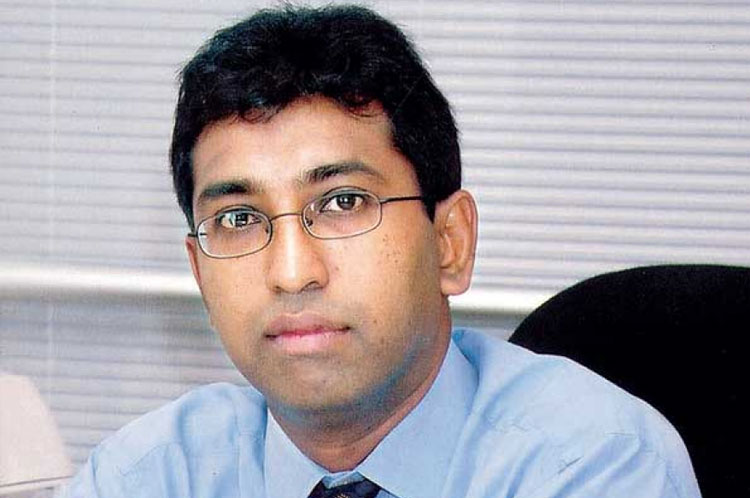March 14, 2016 Reading Time: 2 minutes

The Deputy Minister of Foreign Affairs, Dr. Harsha de Silva, states that the gender gap affects labour force. Image credit - news.lk
Reading Time: 2 min read
Labour force affected by gender gap
Speaking at the inaugural “Women’s Forum Sri Lanka,” Deputy Minister of Foreign Affairs, Dr. Harsha de Silva, stated that Sri Lanka loses 20% of its GDP per capita due to the gender gap in employment.
He added that less than 35% of eligible Sri Lankan women seek employment, indicating the need to address the issues which cause this reluctance. As a result, Sri Lanka has one of the lowest levels of female representation in the labour force, in the region.
Parliament passes minimum wage bill
The Parliament passed the National Minimum Wage for Workers Bill and now the national minimum wage is set at Rs.10,000 per month.
In addition, the Budgetary Relief for Workers Bill was also passed and all monthly wages below 40,000 are to receive a provisioned addition of Rs.1,500 by May.
Sri Lanka Investment Summit commences tomorrow
The inaugural Sri Lanka Investment Summit will be held tomorrow, in Singapore. Nearly 400 participants have registered for the event.
The Summit is titled “Uncovering Opportunities in Asia’s Rising Gem,” and will host potential investors from Asia, Australia, and the Middle East, among others.
Unity government assumes power in Libya
A unity government backed by the United Nations, named the Government of National Accord, came into power in Libya, on Saturday.
The Tunisian-based Presidential Council stated that the new government had the approval of the House of Representatives and other political leaders.
Explosion kills dozens in Turkey
More than 30 people were killed in Ankara, the capital of Turkey, after a car exploded in a public square.
The attack is the latest in a series of recent attacks in Turkey, and comes just two days after a warning issued by the United States Embassy, regarding possible terrorist attacks.
Reciprocal residency rights favoured in some Commonwealth countries
A survey conducted by the Royal Commonwealth Society indicates an “overwhelming support” from nationals of the United Kingdom, Australia, New Zealand, and Canada to be entitled to reciprocal rights when living and working in each others’ countries.
The Royal Commonwealth Society’s survey showed that most people support the removal of residency barriers in the four countries.